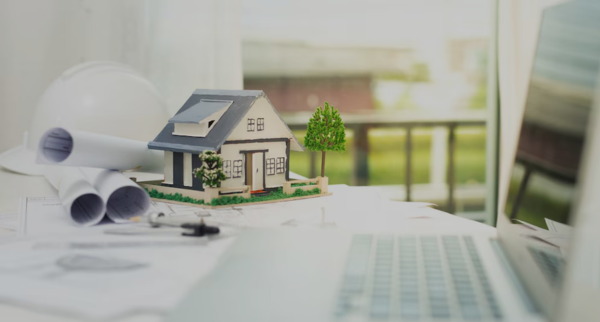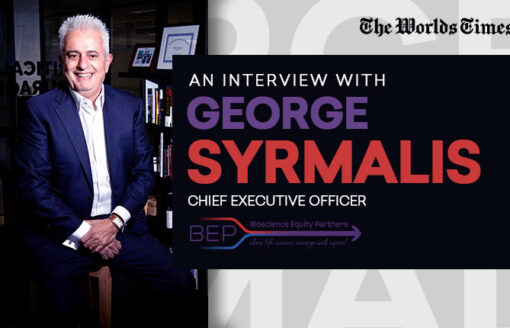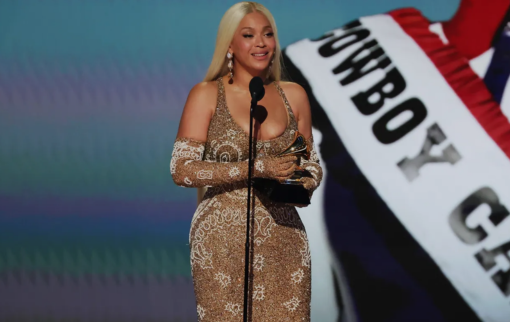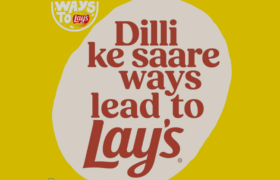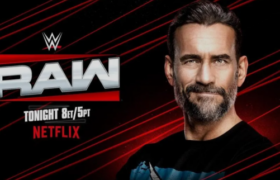The real estate market has been on an unprecedented rise over the past few years, leading many to question: Is the housing market bubble about to burst? With skyrocketing home prices, low mortgage rates, and intense demand, fears of a potential crash loom large. In this article, we’ll analyze the current housing market trends, expert predictions, and key indicators to determine whether a housing bubble collapse is imminent.
Understanding the Housing Market Bubble
A housing market bubble occurs when home prices rise rapidly due to high demand, speculation, and limited supply. Eventually, if these inflated prices are unsustainable, the bubble bursts, causing property values to plummet. Historically, the most infamous housing bubble collapse occurred in 2008, leading to a global financial crisis.
Current Housing Market Trends
- Rising Home Prices – Home prices have surged to record highs in many areas, making affordability a concern for potential buyers.
- Low Inventory – The supply of homes remains tight, driving up competition among buyers and further inflating prices.
- Higher Mortgage Rates – After years of historically low rates, the Federal Reserve has begun increasing interest rates, which may cool down the housing market.
- Shifting Buyer Demand – With inflation concerns and economic uncertainty, some buyers are hesitant to enter the market, leading to fluctuations in demand.
Expert Predictions on the Market
Real estate analysts are divided on whether a crash is imminent. Some experts believe that while prices may correct slightly, a major market collapse is unlikely due to fundamental supply and demand imbalances. Others argue that rising interest rates and economic slowdowns could trigger a downturn, particularly in overheated markets.
Key Indicators of a Potential Market Crash
- Increasing Mortgage Defaults – If homeowners start struggling to make mortgage payments, foreclosures may rise, driving prices downward.
- Excessive Home Flipping – A surge in speculative real estate investments can signal an unsustainable market.
- High Debt-to-Income Ratios – When homebuyers take on excessive debt, the risk of financial instability increases.
- Declining Home Sales – A drop in the number of home sales could indicate that buyers are stepping back, potentially cooling the market.
Will the Bubble Burst?
While the housing market faces some risks, it does not appear to be in the same speculative frenzy that led to the 2008 crash. Stricter lending standards, higher homeowner equity, and a persistent housing shortage provide a level of stability. However, potential buyers and investors should remain cautious, keeping an eye on economic shifts and market conditions.
Conclusion
The question of whether the housing market bubble is about to burst remains a topic of debate. While there are signs of a market cooldown, a full-blown crash seems unlikely at this stage. Those looking to buy or invest should stay informed, monitor trends, and make well-researched decisions to navigate the changing real estate landscape effectively.
Published: 2nd April 2025
For more such articles please follow us on Twitter, Linkedin & Instagram
Also Read:
The World’s Top 10 Business Tycoons You Need to Know
Starbucks Success Story, Starbucks CEO Howard Schultz
Tech Stocks Lead the Rally as Market Eyes Fed Decisions
